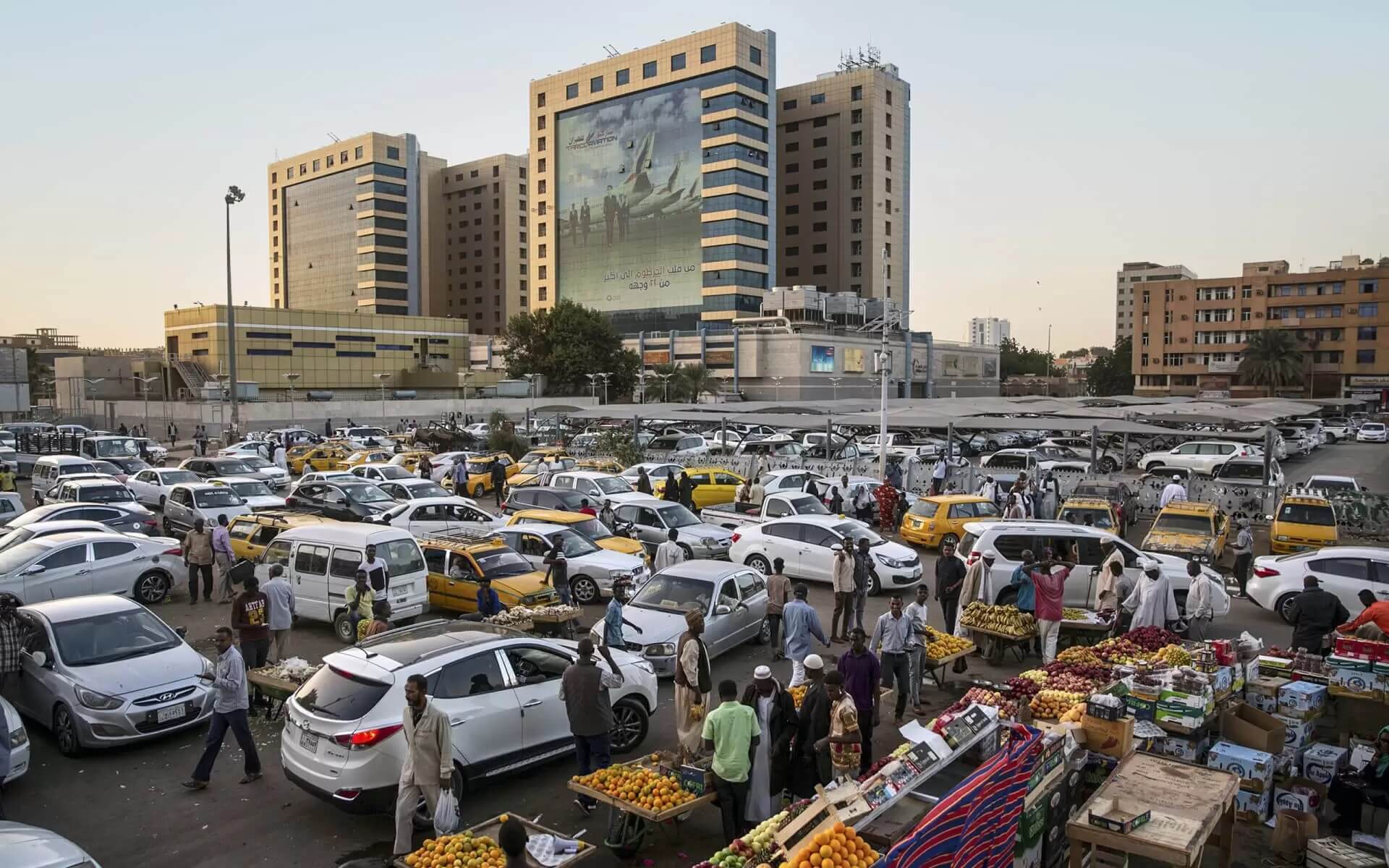Sudanese security has several facets. On the one hand, stealing is almost unheard of; you will never be robbed on the street, and people will go to tremendous lengths to guarantee your safety. Sudan, on the other hand, has a lengthy history of war, a government that is not especially transparent or responsible, and widespread corruption under the surface. The following material outlines some of the possible hazards that a tourist should be aware of.
Armed conflict
When South Sudan was still a part of Sudan, there was a 40-year civil war between the central government in Khartoum and non-Muslim rebel parties in the south. Following South Sudan’s independence, relations between the two nations have remained fluid, contentious, and complex.
The well-publicized war in Darfur continues, making travel to Sudan’s western regions completely unadvisable.
Transportation
Sudan is one of just four nations in the world that does not adhere to international aviation safety standards. Sudan Airways, the official national airline, operates mostly Soviet-made aircraft from the 1950s. Some aircraft lack navigation, illumination, or essential landing gear. Sudan was the most hazardous nation for domestic aviation travel last year, with over 27 deadly accidents in the Northern region alone.
It is also difficult to enter Sudan by personal vehicle. Sudan’s border with Egypt is heavily fortified, and Westerners seeking to cross the border are increasingly encountering difficulties.
Bus travel has its own set of problems. Some buses are better than others – some are superb, with icy-cold AC and complimentary refreshments, while others may be less so. There is nothing worse than spending almost an entire day on a sweltering bus (did we mention there is no A/C?) with a group of jabbering Egyptian tourists.
Personal safety
There is virtually little chance of being physically assaulted (mugged) for your belongings, but keep a watch on them in public areas, such as street cafés. Sometimes criminals work in teams, with one distracting you while the other steals your belongings. Pickpocketing has been reported in Sudan as well.
Women travelers
If you dress and behave properly for an Islamic nation, lone female travel is generally secure (in regions untouched by civil conflict). You’ll raise a few eyebrows, but you’ll be treated with tremendous respect in general. Women should, in general, travel in groups, and much better, with males.
Police and army
You’ll see armed cops and military people everywhere, but you won’t have any issues with them unless you break a regulation, such as photographing or recording in forbidden locations. Travelers have been known to be targeted by Sudanese police for bribes. So, if you’re stopped for whatever reason, make sure you pay them.
Taking pictures
The regulations for shooting photographs in Sudan are extremely stringent. To begin, you’ll need a photography permission, which will specify where you can and cannot shoot photographs. It’s easy to get into problems by photographing or recording military people or facilities. People have been detained in Khartoum for photographing the confluence of the Blue and White Niles.
LGBT travellers
Alcohol use is prohibited in Sudan, which is an Islamic nation. Homosexuality is a crime that carries a death penalty. In most cases, the death penalty for homosexuality is only applied after the second or third crime. For both men and women, the first crime typically entails imprisonment and a thousand lashes (which is virtually the death penalty anyway, it would be surprising if anyone could survive that sort of harsh punishment). The government’s punishment of individuals found guilty of homosexual activities is based on a rigorous interpretation of Islamic Sharia Law. If a foreigner is caught for performing a homosexual behavior, he or she will most likely be issued a warning if “really regretful” or treated similarly to the Sudanese citizen. If you are arrested, request consular help from your government.


